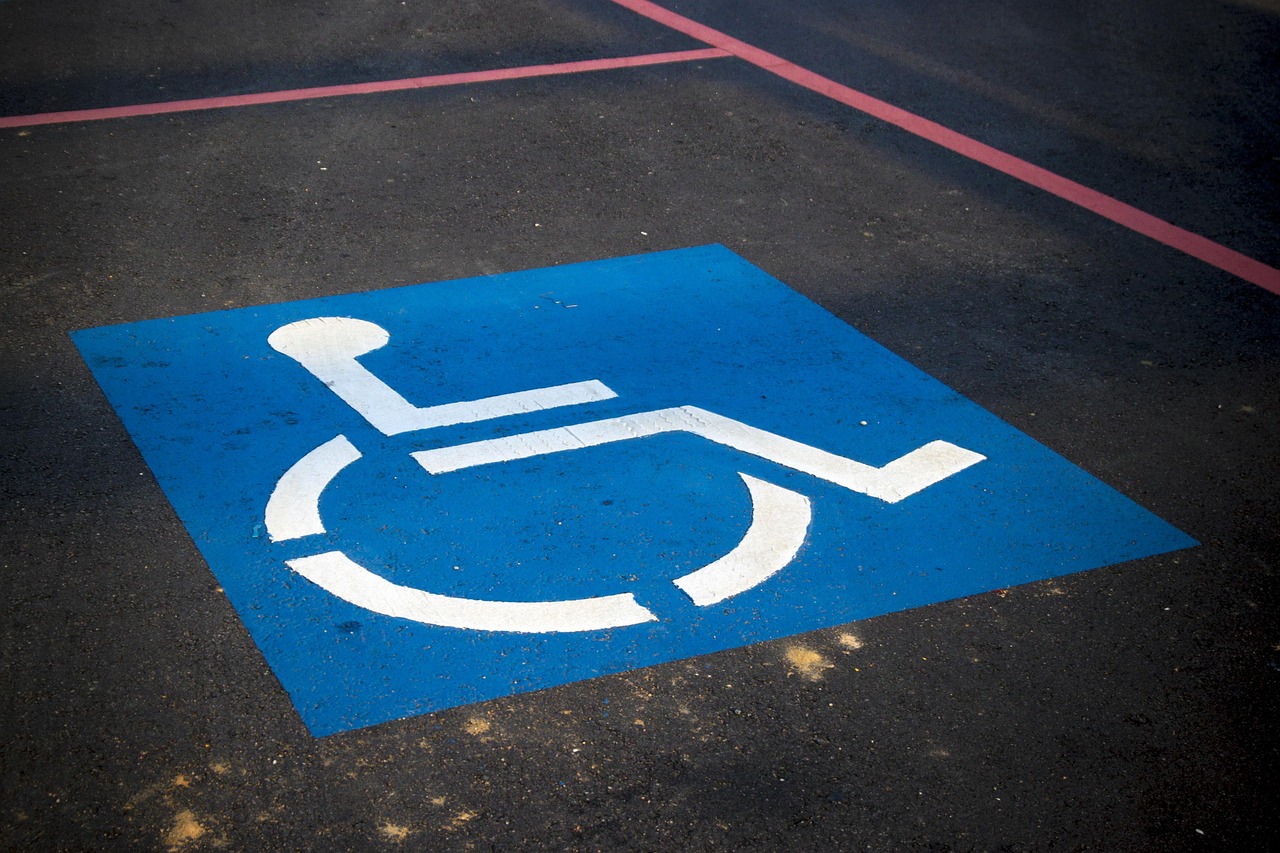The year 2025 brings new challenges for entrepreneurs arising from Act of 26 April 2024 on ensuring that economic operators meet the accessibility requirements for certain products and services". The main part of its provisions enter into force on 28 June. The law implements the EU Directive 2019/882 on accessibility requirements for products and goods of 17 April 2019. Below, we explain what changes await businesses and who they affect.
- Objectives of the new legislation.
The Accessibility Act introduces regulations with two main objectives. Firstly, the aim is to facilitate the movement of goods and services between Member States by harmonising accessibility requirements to increase their supply and availability, The second objective is to ensure easier access to key products and services by introducing legal rigour.
The regulations apply to selected sectors such as new technologies, banking, payment services, hardware, software, e-books, smartphones or e-commerce.
The obligations under the Accessibility Act apply to certain groups of entrepreneurs. Generally speaking, they should comply with them producers, importers, distributors the products indicated in the Act, as well as service providers - in relation to the services specified in the Act.
The material scope of the regulation is indicated in Article 3 of the Act - it covers specific products and services, mainly related to new technologies and 'sensitive' sectors. However, not every entrepreneur will be required to change - the key is whether their activities fall within the catalogue set out in the Act and whether they are not subject to the enumerative exclusions.
According to Article 4 of the Act, the provisions do not apply to micro-entrepreneurs (even if their activities overlap with the scope of the Act), as well as to certain services, such as those related to maps, geoportals or public transport and local passenger transport.
- Understanding "accessibility"
This concept is defined in Article 5(4) of the Act. On its grounds, 'accessibility' is the property of a product or service that allows it to be used by persons with special needs (e.g. disabilities) on an equal footing with other users. This is achieved through so-called 'accessibility'. universal design, i.e. adapting products to the needs of all users from scratch, while improvements are to be rational, meaning that the changes are intended to comply with the Convention on the Rights of Persons with Disabilities without overburdening the entrepreneur.
Unfortunately, the vague wording used in the Act may lead to interpretation difficulties. In practice, much will depend on the interpretation of administrative authorities and case law, which may create uncertainty for entrepreneurs.
- New obligations for entrepreneurs
Responsibilities vary depending on the role of the entrepreneur.
The most extensive responsibilities are producers (Article 7 et seq.), who are, inter alia, obliged to ensure that products comply with accessibility requirements (e.g. terminals - Article 9), to carry out conformity assessment (Article 23), or to provide appropriate information to consumers (Article 26).
On the other hand service providers (Article 12) must ensure that the services offered are communicated in an intelligible way using more than one sensory channel (e.g. sight and hearing).
Importers and distributors (Articles 29-30) are responsible for the compliance of products with the requirements under the Accessibility Act. They can be treated as manufacturers if they introduce a product under their own brand or modify it in a way that affects accessibility.
Vague terms such as 'manner of ensuring intelligibility' can complicate the application of the rules, which requires special attention from businesses.
- Consumer complaint
A consumer has the right to complain if a product or service does not meet accessibility requirements. A complaint can be made in writing, orally (by telephone or for the record) or electronicallyif the trader has indicated such a possibility.
The entrepreneur has 30 days to respond to the complaint (60 days in complex cases). Failure to respond means that the complaint is considered justified.
- Consequences of violations
If violations are found, President of PFRON or other authority may:
- mandate the adaptation of the product/service to the requirements of the Act,
- prohibit the marketing of a product or the provision of a service,
- order the product to be withdrawn from the market,
- order the notification of non-compliance to consumers.
In addition, entrepreneurs may be penalised fines - up to 10 times the average salary or 10% annual turnover, depending on the scale of the infringement and its impact on consumers.
- Summary
The Accessibility Act is a step towards greater inclusivity, but also a new challenge for entrepreneurs. Adapting to the legislation requires not only an analysis of the scope of your business, but also a careful attention to the interpretation of unclear regulations. It is worth verifying now whether your company is subject to the new obligations and taking steps to implement them, as there is little time left until the main part of the new regulations comes into force.
We also commented on the doubts related to the entry into force of the new provisions of the so-called Accessibility Act for Puls Biznesu on 12 March this year. - Those with a subscription to the online edition of Puls Biznesu can read the entire article here:
https://www.pb.pl/ustawa-o-dostepnosci-firmy-beda-mialy-pod-gorke-1237749
authors:
Maciej Oczkowski - advocate
Michał Wojtyczek - advocate
This entry contains general information on the legal issue discussed. It does not constitute legal advice or a solution to a specific case or legal problem. Due to the unique nature of each factual situation and the variability of the legal status, we recommend that you seek the assistance of a law firm for legal advice.

